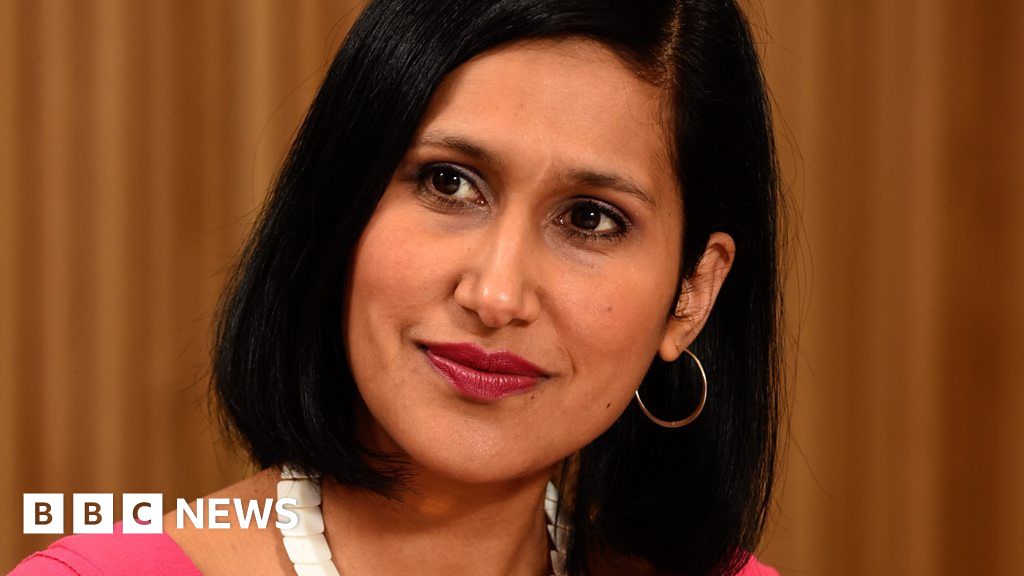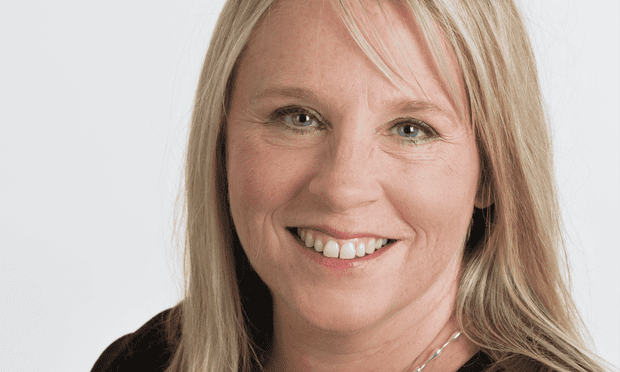 Source: www.bbc.co.uk/news/av/business-45654320/people-ask-me-where-the-doctor-is
Source: www.bbc.co.uk/news/av/business-45654320/people-ask-me-where-the-doctor-is
Quote:
“Dr Hayaatun Sillem is used to people asking her where Dr Sillem is – and they’re usually quite embarrassed to find out that she’s standing right in front of them.
Since becoming the first woman to take the top job at the Royal Academy of Engineering, Dr Sillem has charged ahead with her mission to change perceptions of modern engineering.
In January, she created a social media campaign to encourage teenagers from all backgrounds to consider a career in engineering. The videos, which were shared on Facebook and YouTube, have had 16 million views.
Video journalist: Hannah Gelbart“












